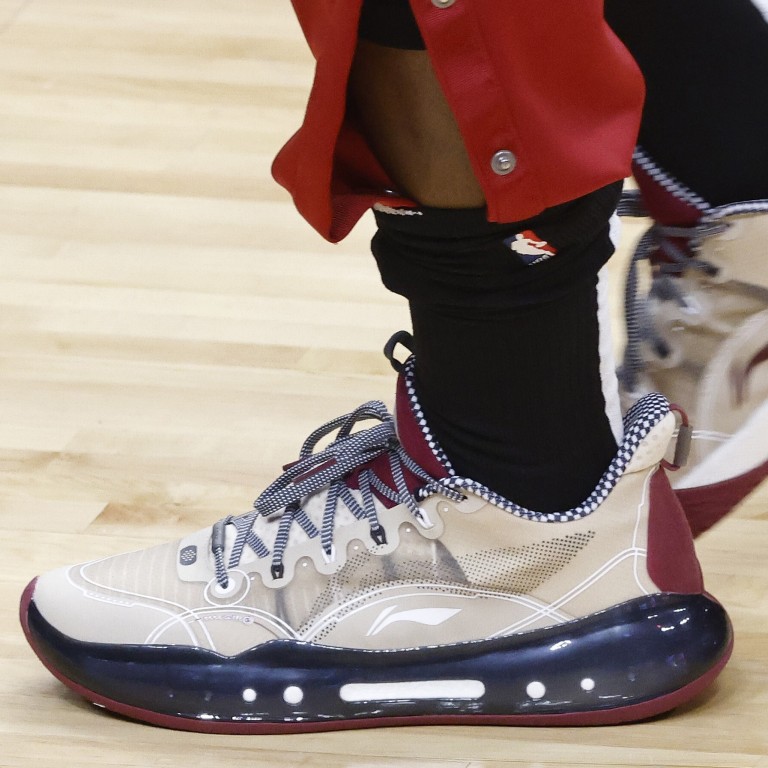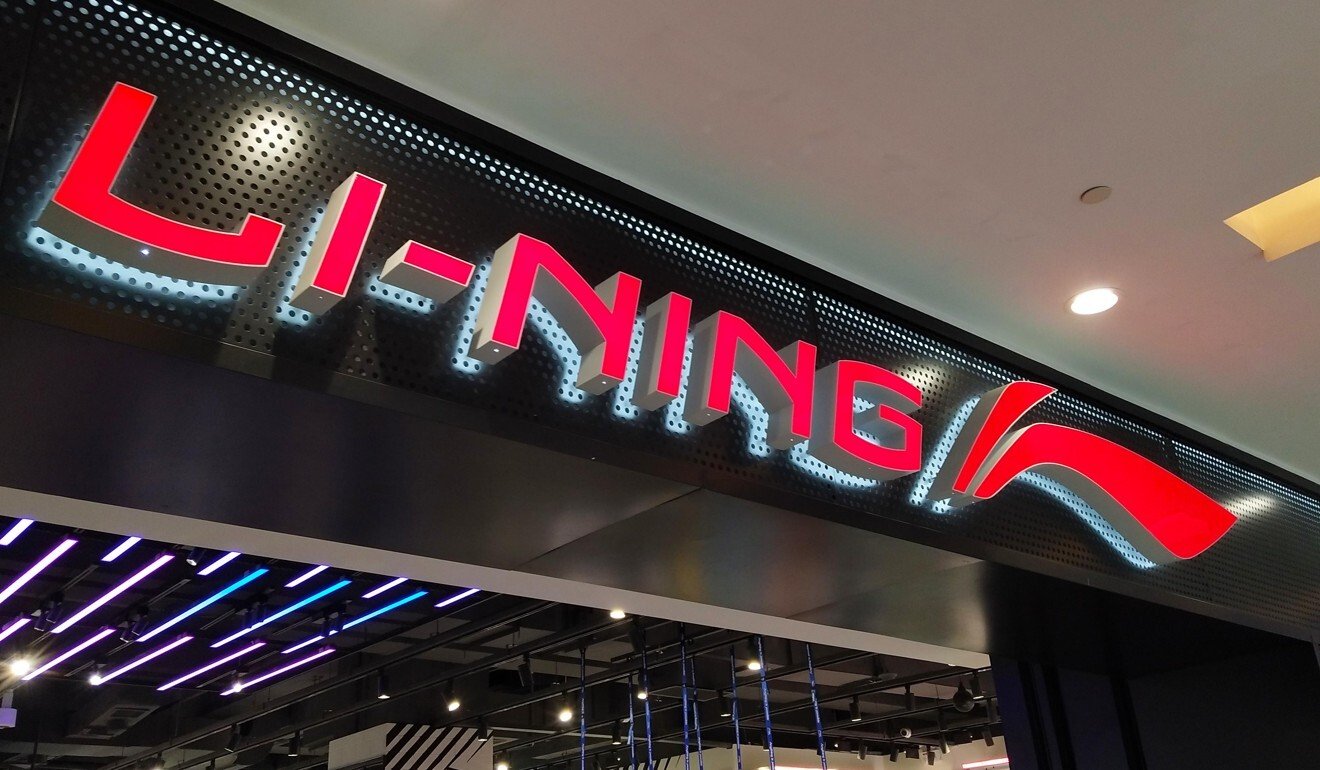
NBA stars pressed to end China sportswear endorsements over Xinjiang
- US congressional commission says basketball players face ‘reputational risks’ of being associated with forced labour
- More than a dozen players are believed to have deals with Li-Ning and other Chinese brands
Senator Jeff Merkley of Oregon and Representative Jim McGovern of Massachusetts, chairmen of the Congressional-Executive Commission on China (CECC), said on Tuesday that more than a dozen players had such deals and that they created “reputational risks”.
“We hope that the result of such efforts would be that the players would leverage their contracts with Anta, Li-Ning and Peak to push these companies to end their use of Xinjiang cotton,” added the lawmakers, both of whom are Democrats. “Short of that outcome, we encourage players to end their endorsement deals with these companies.”
Why getting to the heart of Xinjiang forced labour claims is so hard
Wade has a Li-Ning-sponsored clothing line, while Klay Thompson of the Golden State Warriors reportedly has a shoe deal with Anta valued at as much as US$80 million.
Asked about the commission’s letter, a representative of the Chinese embassy in Washington called the forced labour claim “an outrageous lie”.
“The attempt by certain forces in the US and elsewhere to mess up Xinjiang and contain China will never succeed,” the representative said. “Industrial decoupling will harm Chinese interests, but eventually it will hurt their own interests more.”

Merkley is one of 49 co-sponsors of the Uygur Forced Labour Prevention Act, which would prohibit all imports from Xinjiang unless buyers can prove that their products were not made with forced labour. McGovern introduced a similar bill in the House of Representatives, where it has dozens of co-sponsors from both parties.

